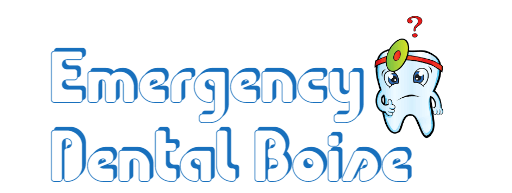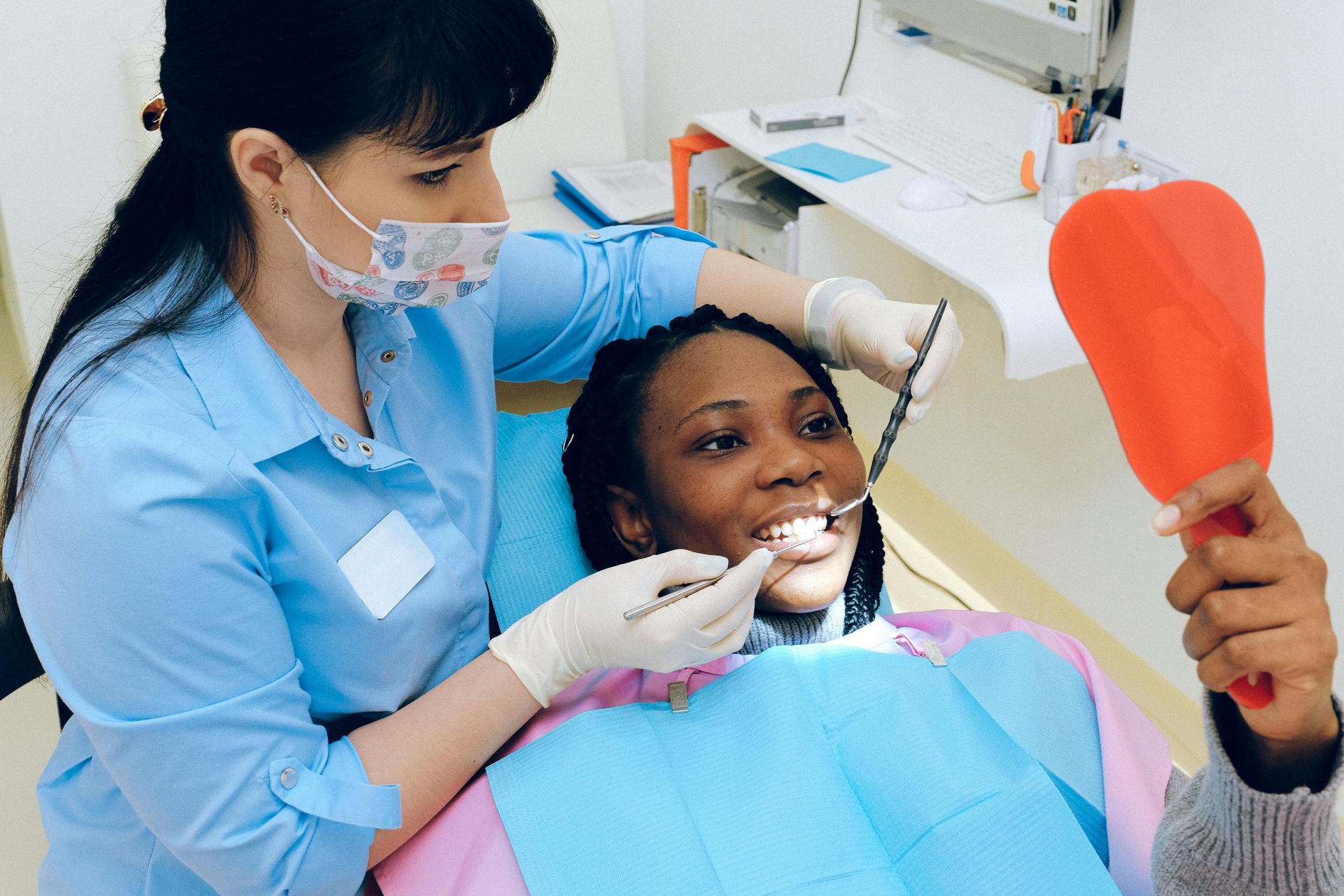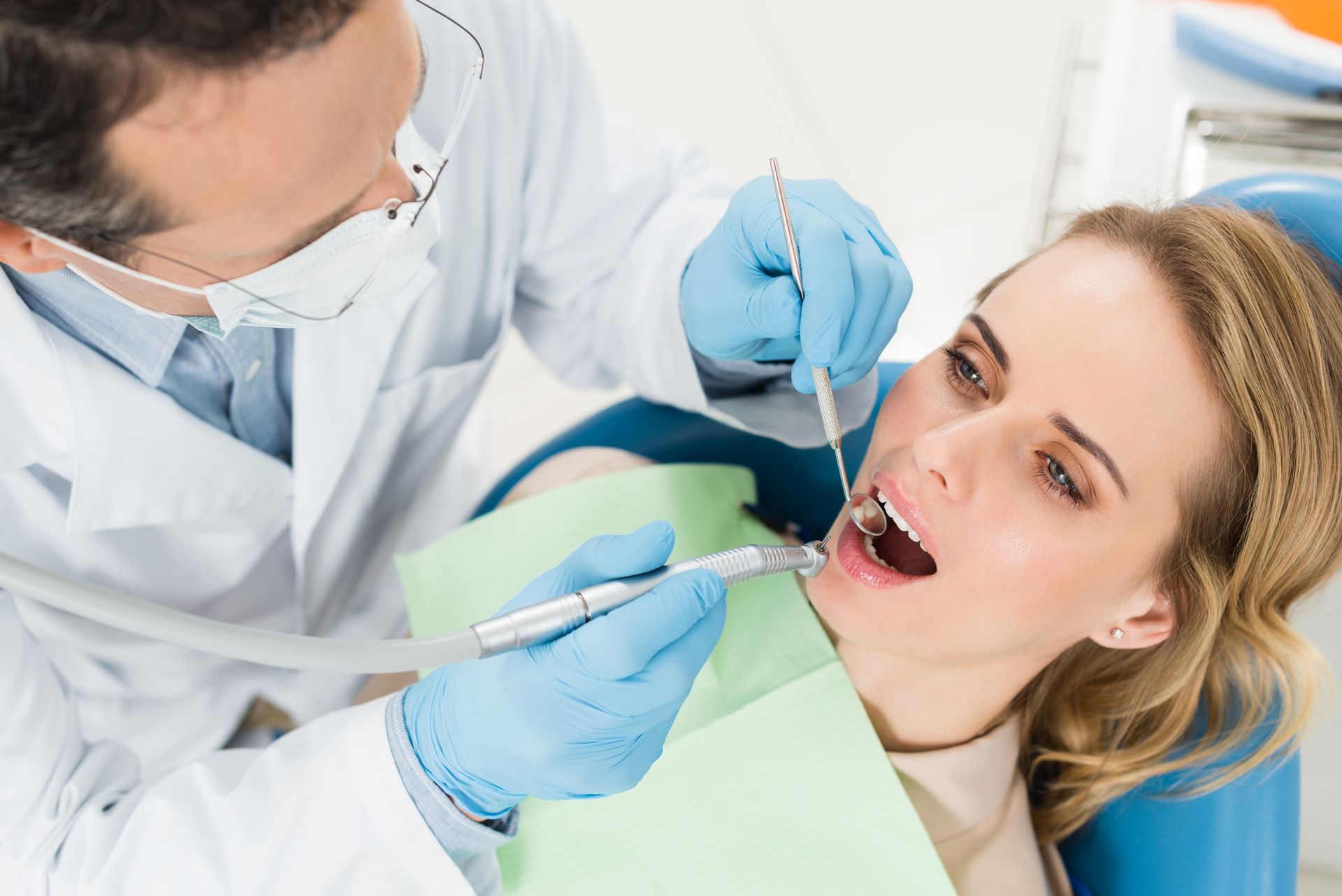Managing The Four Common Diseases that Affect Your Mouth and Teeth
The Four Most Common Oral Diseases and How to Recognize Them
The health of the mouth is an important part of overall well-being. As a dental hygienist, it is essential to be aware of the diseases that can affect the oral cavity and understand how they can be prevented or treated.
This article will provide an overview of six common diseases of the mouth, focusing on their signs and symptoms, risk factors, and potential treatments. It is important for everyone - whether they
visit a dentist regularly or not - to understand these conditions in order to better maintain their oral hygiene and ensure good health both now and in the future.
By understanding the risks associated with each condition, individuals can take steps to protect themselves from developing preventable issues related to this area of their body. In doing so, we join together as a community in creating a healthier world for ourselves and our loved ones.
Gum Disease
Gum disease is one of the six diseases that can affect your mouth's health. It is a serious condition, but it's not inevitable. With proper cavity prevention and good oral hygiene habits, you can take steps to keep gum disease at bay.
Good oral hygiene starts with brushing your teeth twice a day for two minutes each time, using fluoride toothpaste. Flossing helps remove food and plaque from between your teeth, where a toothbrush may not reach. Consider adding an antimicrobial rinse to your daily routine as well; this will help reduce bacteria in your mouth, which contributes to gum disease.
Making regular dental appointments is also important since these visits allow our hygienists to check for signs of any problems early on before they become more serious issues like gingivitis or periodontal disease.
We want everyone to have healthy mouths for life - so be sure to brush, floss, and visit us regularly!
Periodontitis
Periodontitis, also known as gum disease or periodontal disease, is an inflammatory condition of the gums and tissues surrounding a tooth. It occurs when plaque, a sticky film composed of bacteria, accumulates on the teeth and hardens into tartar.
Periodontitis can cause pain and tenderness in the mouth, swelling and receding of the gums, bleeding while brushing or flossing, bad breath, loose teeth, and eventually the loss of teeth if left untreated.
Good oral hygiene combined with regular visits to your dentist are essential for good dental health. Brushing twice daily with fluoride toothpaste helps reduce the risk of developing cavities and provides protection against gum disease by removing plaque buildup from around the gum line. Additionally, increasing saliva production through chewing sugarless gum or sucking on sugar-free candy stimulates enzymes that help break down food particles stuck between teeth, which reduces bacterial growth associated with periodontal diseases.
It is important to remember that even though home care habits play an important role in cavity prevention and overall dental health; visiting your local hygienist regularly will provide you with personalized advice tailored specifically to you:
- Have a professional clean every six months - This involves scaling (removal of calculus) and polishing (removal of stains).
- Use antimicrobial rinses for additional protection; - These products reduce plaque formation on tooth surfaces that are not always accessible during brushing/flossing.
- Ask questions about flossing technique - Flossing removes debris lodged between your teeth, allowing for more effective removal of plaque buildup and preventing decay.
The key to maintaining healthy gums and teeth lies in taking preventive measures like proper oral hygiene practices combined with regular visits to your dentist and hygienist, who have specialized knowledge in recognizing early signs of deterioration and can help prevent future problems from arising.
Oral Cancer
Oral cancer is a serious and potentially life-threatening disease that affects the mouth, lips, tongue, gums, throat, and other parts of the oropharynx. Despite advances in medical technology, it remains one of the deadliest forms of cancer, with an estimated 53,000 new cases diagnosed each year worldwide. As daunting as this may sound, there are several steps dentists and hygienists can take to help protect their patients from developing oral cancer.
Good oral hygiene is essential for preventing oral cancer. Brushing your teeth twice daily with fluoride toothpaste helps keep plaque away and reduces bacteria buildup, which increases the risk of developing certain types of cancer. Flossing regularly removes food particles stuck between teeth, which also helps reduce bacterial growth. Additionally, using a whitening product such as whitening strips or trays will not only give you whiter teeth but also reduce any potential lesions on the surface of the tooth, which could be early signs of pre-cancerous activity.
It’s important for dental professionals to stay up-to-date on current research related to oral cancer prevention so they can provide optimal care for their patients. For example, regular screenings should be done during routine checkups along with educating patients about lifestyle habits like avoiding smoking cigarettes and excessive alcohol consumption, both of which have been linked to higher levels of oral cancer.
Providing individuals with information regarding proper nutrition and diet can also play a key role in reducing the risks associated with all forms of cancer, including those affecting the mouth.
Oral Thrush
In the previous section, we discussed oral cancer and its associated risks. This section will discuss another oral disease commonly seen in dental offices: oral thrush.
Oral thrush is a fungal infection caused by the overgrowth of Candida albicans yeast, which can be found naturally within our mouths. It typically manifests as white patches or lesions on the tongue, inner cheeks, tonsils, and palate. Common symptoms include irritation in the mouth, difficulty swallowing, bad breath, and a metallic taste in the mouth. In addition to these common signs and symptoms, some patients may experience gum recession along with sores inside their mouth.
It's important for dental hygienists to understand the common causes of this condition so that they are able to provide proper education and advice to their patients. The following bullet points outline those most frequently encountered:
- Tooth decay - Poor oral hygiene habits that allow plaque buildup around teeth can create an environment friendly for candida growth.
- Mouth Sores - Irritation due to braces or dentures can cause open wounds (sores), providing easy access for candida organisms to enter the body.
- Medication Side Effects - Certain medications, such as antibiotics, can reduce natural bacteria levels, making it easier for candida fungus to grow unchecked in the mouth, causing thrush-like conditions.
To prevent this condition from developing further into more serious health complications, it is important for dental professionals to assess any potential irritations in the patient’s mouth and advise them accordingly on how to best control any risk factors associated with oral thrush development.
Is Oral Disease Preventable?
The truth is that oral disease can be prevented through proper mouth hygiene and dental care.
This means:
- Brushing twice a day
- Flossing once a day
- Using mouthwash to keep bacteria levels low
- Avoiding sugary foods and drinks
- Visiting the dentist regularly for checkups.
For those with existing medical conditions or who are taking certain medications, additional measures may need to be taken in order to protect their teeth from decay and other potential problems.
By following these simple steps, individuals can effectively reduce their risk of developing an oral health issue down the line.
The Type Of Treatments Available For Oral Diseases
Treating oral diseases, such as periodontal disease, cavities, and more, starts with establishing the right oral hygiene routine. This includes brushing and flossing at least twice a day to maintain healthy teeth and gums.
In addition to this, diet choices can play an important role in treating oral diseases; for example, by avoiding sugary foods that may contribute to tooth decay or eating crunchy fruits and vegetables, which act as a natural scrubber on the surface of your teeth.
A dental hygienist can also provide professional cleanings, x-rays and other treatments tailored specifically to individual needs.
Home Remedies For Oral Diseases
Maintaining good oral hygiene is the most important home remedy for preventing and treating oral diseases.
- Brushing twice a day with fluoride-based toothpaste, flossing every day, and using an antiseptic mouthwash can help keep your teeth healthy and reduce bad breath.
- Eating crunchy foods like apples or celery can also help remove plaque from between your teeth and stimulate saliva production, which helps protect against bacteria.
- Drinking plenty of water throughout the day will ensure that you are properly hydrated to support optimal dental health.
- Additionally, limiting sugary drinks such as sodas and juices can prevent decay caused by acids produced when sugar interacts with bacteria in the mouth.
The Long-Term Effects Of Oral Diseases?
Oral diseases can have long-term effects that could be avoided with proper oral hygiene practices and diet choices. According to research, individuals who do not brush their teeth twice daily are three times more likely to develop periodontal disease than those who brush regularly.
Poor dental care habits and a lack of knowledge about the importance of regular brushing can contribute to gum recession, tooth loss, and even bone destruction in extreme cases. Furthermore, diets high in sugar or acidic foods contribute to an increased risk for decay and cavities due to weakening enamel over time.
It is important to maintain good oral health by brushing at least twice a day, flossing once a day and visiting a dentist every six months for cleanings and checkups. Taking these precautions will help prevent long-term effects from occurring as a result of untreated oral diseases.
Fight The Oral Disease with Emergency Dentist of Boise
Oral diseases can have a significant impact on one's quality of life. It is important to recognize the symptoms and seek treatment as soon as possible in order to prevent further damage. Regular dental checkups, brushing, flossing, and using fluoride are key components for maintaining oral health and preventing the development of disease.
Treatments vary depending on the severity of each case but may include medications, surgery, or other interventions. Home remedies such as saltwater rinses may help alleviate some of the discomfort associated with certain oral ailments.
The long-term effects of untreated oral diseases may be severe and could lead to serious complications if not addressed quickly by an experienced professional. Properly caring for your mouth is essential for preserving good oral hygiene and protecting against potential issues that can arise from neglectful practices.
Check out our dental services!




